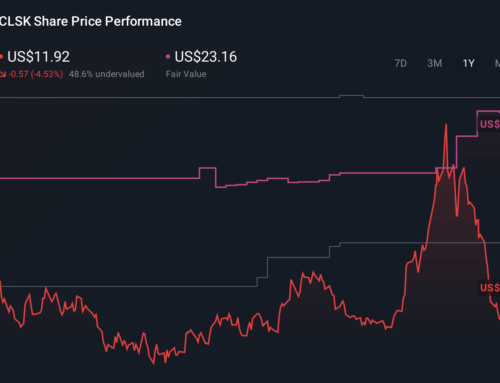The power of quality investing
May 16, 2025
Factor investing has gained popularity in the last few years due to its ability to manage market risk and potentially deliver returns above the market average. This investment approach involves selecting securities based on specific factors or attributes within an asset class. These factors are typically classified into two categories: a) style factors—such as quality, value, momentum, low volatility, and growth; and b) macroeconomic factors—including interest rates, inflation, and other macroeconomic indicators. Given the current market conditions, quality investing has seen increased demand as investors brace for heightened volatility.
What is quality investing?
Quality investing is a strategy wherein companies with strong fundamentals, an economic moat, and good profitability are selected and invested in. Companies that can thrive in adverse market conditions qualify as quality companies. Hence, this style tends to perform well when markets are down.
Benefits of quality investing
- Stability – Quality companies act as a buffer against potential losses during market downturns, as they have robust balance sheets and cash flows.
- Returns – They tend to offer predictable returns, as these companies generate consistent profits and are market leaders.
- Capital protection – By avoiding poorly managed businesses, quality investing reduces the risk of capital loss.
Parameters used to identify quality stocks
A key characteristic of quality companies is that they tend to offer products across the price spectrum to widen their customer base. Over time, companies that have demonstrated the ability to weather economic downturns and market volatility, maintain low debt, achieve profitability (with consistent year-on-year growth), stable earnings, and strong management often develop a reputation as ‘quality’ investments. These factors make it easier to distinguish quality stocks from the rest, and are the key drivers of stock returns. However, selecting quality stocks for wealth creation is not enough. It is important to stay invested for a longer duration to maximise capital appreciation.
Valuation is another crucial consideration in quality investing. In quality investing, even the best companies can become poor investments if bought at high prices — hence, assessing whether a stock is reasonably valued is crucial to avoid overpaying for quality.
Why quality-based investing now?
Quality has had a sustained period of outperformance during / post any financial crisis (e.g., 2008). Given the volatile nature of Indian markets, quality investing may do well over a longer period. Indian economy, though fundamentally strong, is battling multiple issues currently — geopolitical tensions, high valuations, and a slowdown in corporate earnings. This may lead to increased volatility and moderate returns. Moreover, post-Covid-19, when the markets recovered sharply, it was a broad-based rally, and the quality theme underperformed relatively in the last five years, triggering lower valuations for quality companies. Hence, adding a dash of quality stock to one’s portfolio may not be a bad idea now.
How can an investor get access to quality investing?
Quality investing is seeing good traction in Indian markets as retail participation rises and investors prefer long-term wealth creation over short-term gains. Mutual funds offer a good platform for investors seeking access to quality (factor) investing strategies. Fund houses have a well-defined quality framework that helps in the stock selection process based on stated objectives.
Over the past 25 years, we have witnessed varied market environments — growth booms and busts, commodity cycles, a global pandemic, and a war. Only financially sound, established companies have been able to outperform broader markets. Quality companies that were able to reinvest back into their businesses and continue to remain market leaders have come a long way in terms of returns. Hence, quality investing can play a crucial role in an investor’s wealth creation journey.
This article is contributed by Preeti Agarwal,Proprietor of Crescent-Financial Solutions
Note: Investment returns mentioned are for illustration purposes and not guaranteed. Please consult a financial advisor for personalized advice.
Disclaimer: The views and opinions expressed in the story are independent professional judgment of the experts and we do not take any responsibility for the accuracy of their views. The brand is solely liable for the correctness, reliability of the content and/or compliance of applicable laws. The above is non-editorial content and TIL does not guarantee, vouch or endorse any of it. Please take all steps necessary to ascertain that any inform
Search
RECENT PRESS RELEASES
Related Post




